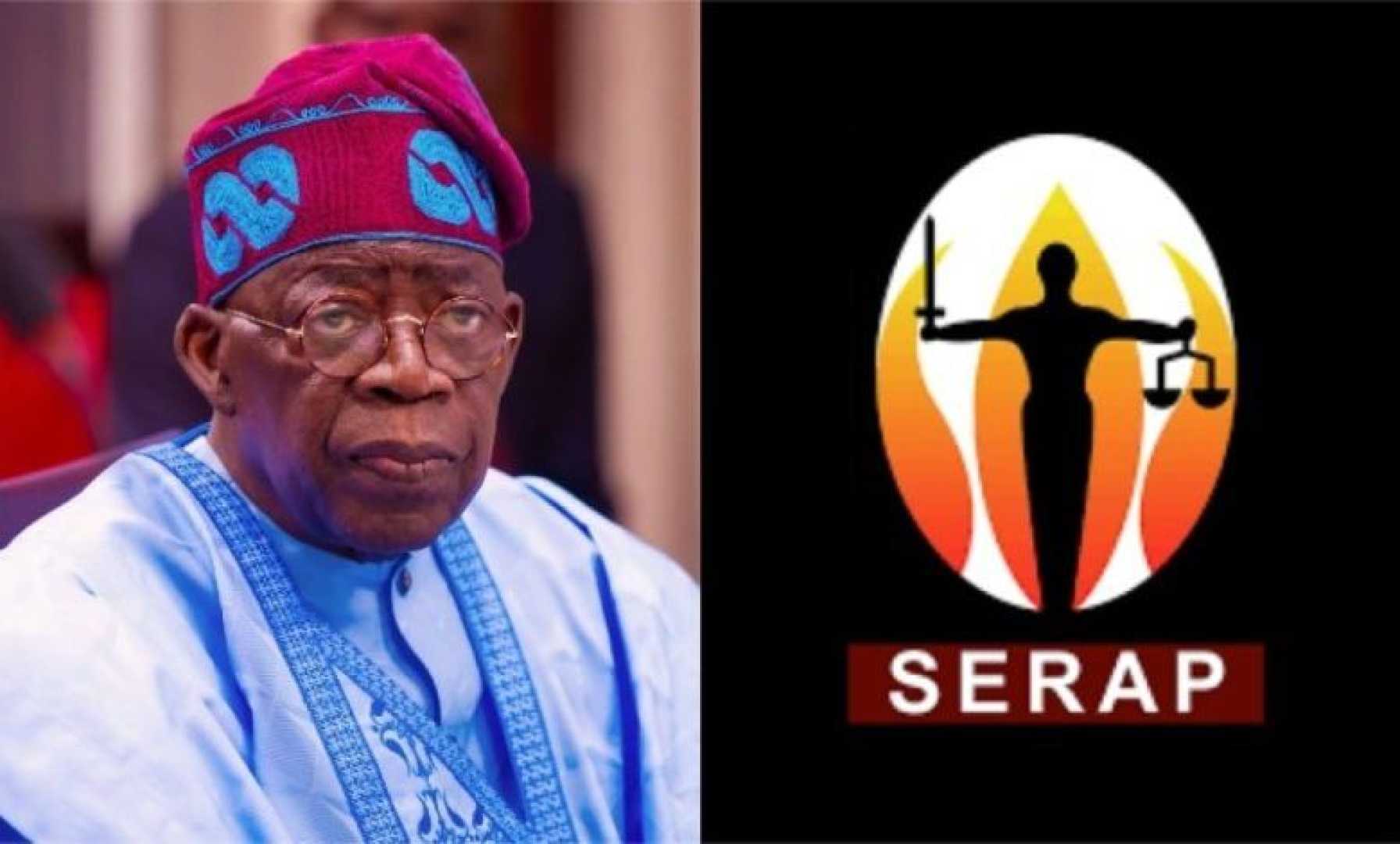News
SERAP Urges President Tinubu to Reverse Petrol Price Hike Pending Court Verdict

The Socio-Economic Rights and Accountability Project (SERAP) has issued a strong call to President Bola Tinubu to immediately reverse the recent increase in petrol prices, pending the outcome of a court case challenging the legality of the price hike.
According to SERAP, the latest increase in petrol prices from N897 to N1,030 per litre is the second in one month and follows a previous increase from N600 to N855 per litre in September. This escalation has been attributed to a scarcity caused by suppliers refusing to import petroleum products due to a $6 billion debt owed by the Nigerian National Petroleum Company Limited (NNPCL).
SERAP Deputy Director, Kolawole Oluwadare, emphasized that increasing petrol prices while the Federal High Court case is pending would undermine the court’s ability to do justice and damage public confidence in the judicial system. The organization stressed that this action would prejudice the outcome of the case and impede the course of justice.
The lawsuit filed by SERAP last month challenges the legality of the NNPCL’s powers to increase petrol prices and seeks to probe allegations of corruption and mismanagement within the company. SERAP argued that allowing the court to hear and determine the case would be consistent with the Nigerian Constitution and President Tinubu’s promises to uphold the rule of law.
SERAP warned that if the price hike is not reversed, it would have serious consequences for the most vulnerable Nigerians and undermine the integrity of the Nigerian Constitution. The organization threatened to consider contempt proceedings and other legal actions if their request is not complied with.
The Auditor-General‘s report also highlighted significant financial irregularities, including the NNPCL’s failure to remit over USD$2 billion and N164 billion of oil revenues into the Federation Account, further complicating the oil sector’s transparency and accountability.












